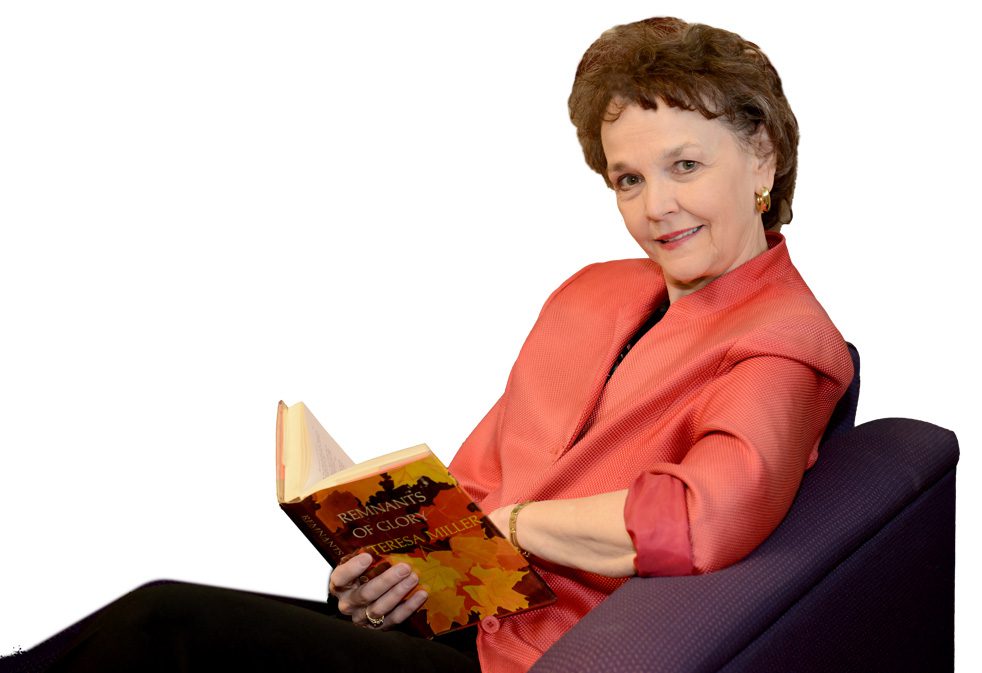
Teresa Miller is a connoisseur of all things literary and all things Oklahoma. As the executive director of the Oklahoma Center for Poets and Writers at Oklahoma State University-Tulsa and the host of the OETA-produced television show Writing Out Loud (on which she interviews prominent authors), Miller is heavily invested in the world of creative writing. She’s also an author with several works to her name, including Remnants of Glory, a novel, and Means of Transit, her memoir published in 2008. We sat down with Miller to discuss the immense role that literature and fiction have played in Oklahoma’s history and in her own life.
In what ways has Oklahoma been shaped by literature?
It’s been shaped by literature probably as much, if not more, than any state in the union. For instance, The Grapes of Wrath had a huge impact on the state and promoted an image of Oklahoma throughout the world that is very different than the image Oklahoma has of itself. That’s not taking anything away from John Steinbeck (the novel’s author), but at the same time, Oklahoma is much more than the literary portrait that we get in The Grapes of Wrath.
Then on the other extreme, we have the musical Oklahoma! where the state is depicted as a place of great opportunity. And so there were these two extremes in the national consciousness when it came to Oklahoma in its early days. It was either a Dust Bowl or a place that was so lush that corn was higher than you can imagine. Neither image was completely true.
Which author or authors have left the greatest impression on you?
I am a fourth generation Oklahoman, but when I was growing up, ironically, the authors who had the most influence on me were Southern women authors like Flannery O’Connor. They were the writers who I looked up to. Then as I grew older and my eyes turned toward home and I became more comfortable with my surroundings, I began to celebrate Oklahoma authors and the great literary legacy that we have here.
Share with us your experience in writing. Also, what are you working on these days?
I wrote my first novel when I was in my 20s, and it was a wonderful experience. But what happened to me after that was what happens to so many writers on their first book – I developed a writer’s block that lasted a number of years. It was during that time period that I felt the need for the company and inspiration of other writers. That’s when I created the Oklahoma Center for Poets and Writers. I eventually wrote another novel many years later and then a memoir shortly after that. I’m currently working on a new novel.
How has the Oklahoma Center for Writers and Poets evolved over the years?
One way is that now we look for books to do more than just provide literary enrichment. We see books as talking points that can help us deal with important social issues. Our motto has become “using books to broaden our thinking and enlarge our hearts to build a better community.” So, we find great satisfaction in using literature as a means to get to know each other better.
What advice would you give to a young writer who wants to remain creative and passionate about literature?
Stay true to your voice. I think what derailed me early on was that my voice became less authentic, and I think I was trying too much to have the voice of other people and other writers and trying to please people too much, rather than owning my words and my experiences. The most important thing anyone can do as a writer is to be authentic…yet it’s probably the part that’s the hardest.

























